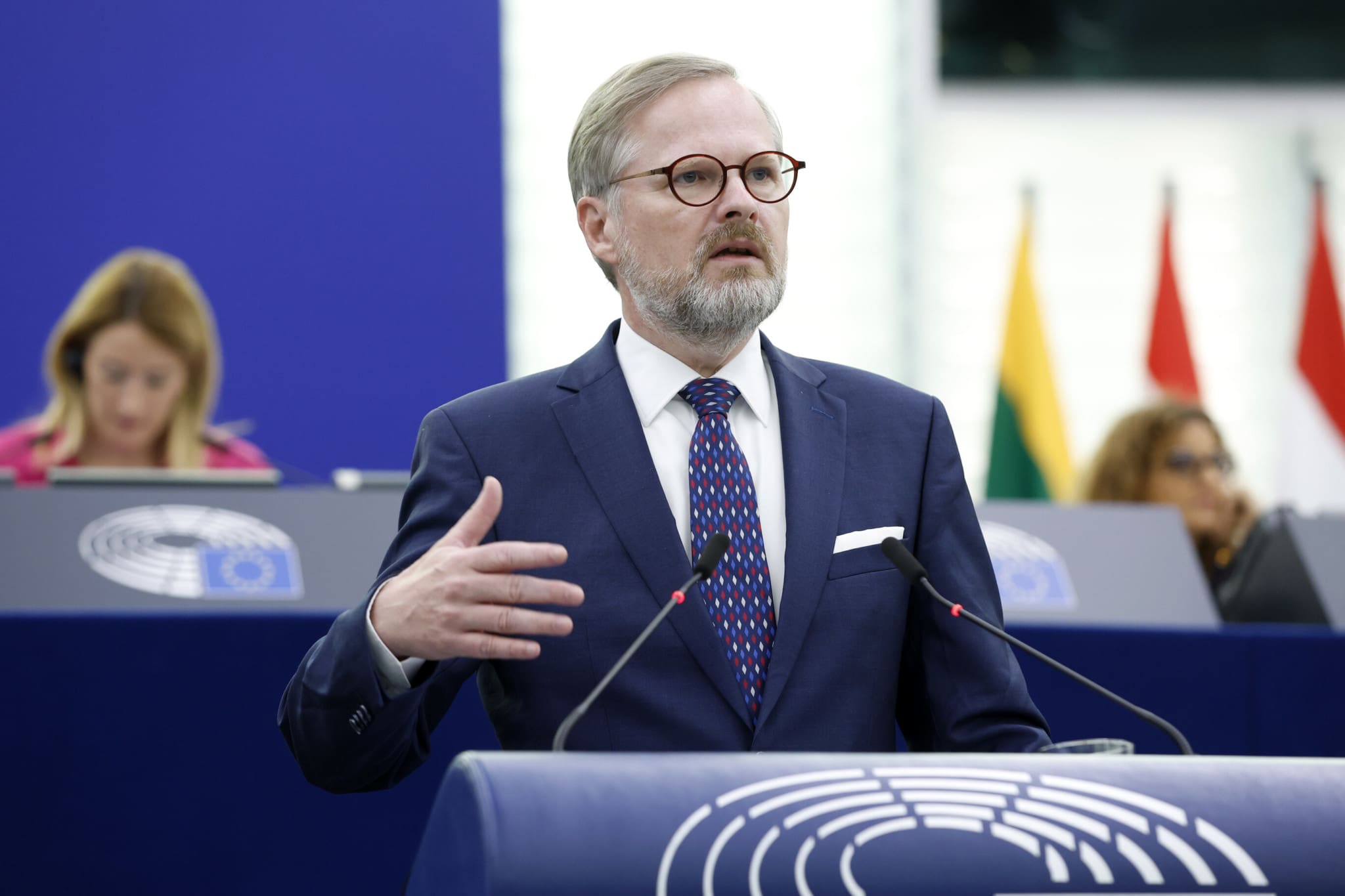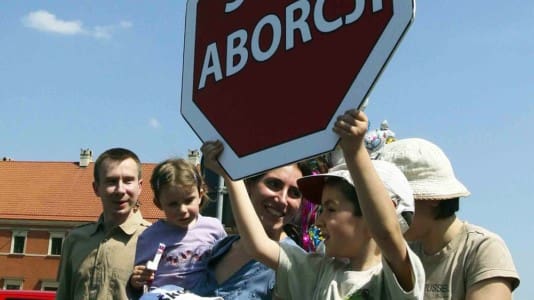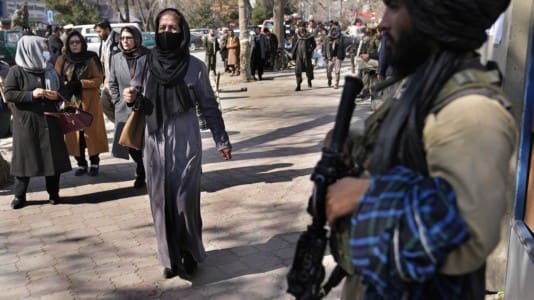The presidency seems to have taken off like a well-oiled machine, despite many pre-judging it as a failure due to the poor language skills of some ministers and underestimated funding. As the past month has shown, among other things, cuts in the presidential budget did not cause disaster. However, Czechia still pays for them, Vendula Kazlauskas, an analyst at the Association for International Issues, writes in her commentary.
The Czech Presidency of the Council of the European Union has completed its first month. Czech diplomats direct the negotiations of all 27 EU states, with the ministers presiding over the summits of their European counterparts and making decisions with implications for the entire Union and its almost half a billion inhabitants.
When the winter asks what Czechia did in the summer, domestic diplomacy will have a clear answer. The country saved enough gas for the entire European Union. At the end of July, Czech experts and diplomats agreed on gas solidarity in a record-breaking six days.
The consent of 15 countries would be sufficient for its approval. However, the Czech negotiators came up with a compromise. The representatives of all the EU countries signed it except for Hungary. Foreign media described the enforcement of something like this a “mission impossible.” Nevertheless, the Czech Republic succeeded in its mission.
Considering how complex the EU works, negotiating such a thing in six days means Czech diplomats had to go to great lengths. Approval usually takes months.
The Czechs worked out and gradually discussed several versions of the proposal. The negotiations dragged on into the night, and the industry minister, Jozef Síkela, had to call and convince his European counterparts.
However, the number of Czech diplomats working for the presidency is lower than it could be. This is especially true concerning the crises faced by Europe — rising prices, gas, the war in Ukraine, and the impending autumn Covid-19 wave.
The foreign media also noticed the Czech diplomacy performance, whose expectations were probably massively influenced by memories of the fall of Mirek Topolánek’s government during the first-ever Czech presidency in 2009.
It is all the more surprising that the Czech ministers are mostly silent about what is happening in the EU at home. At the same time, more intensive communication could at least partially replace the initially planned media and promotional activities, on which the economic mode of the presidency had a significant impact.
People would be interested. Two-thirds of Czechs claim in surveys that they would like to learn more about the functioning of the European Union, especially what Czechia can receive from the European budget. The presidential half-year is an ideal opportunity for such an explanation. Concrete examples could clearly show that the Czechs confidently belong in the European club and are not afraid to speak up and push for a result acceptable to everyone.
“Somehow it’s happening,” one would like to say, although this time in a good way. Support for EU membership has risen to record levels during the presidency.
Practically everyone in the Czech Republic has already heard of the presidency. However, significantly fewer people have a deeper awareness of it, and that’s a problem. The world is changing, and the EU must respond flexibly, but only if we know enough about how European cooperation works, what is currently being solved, and what options we have to form it to our liking. That is also why it would be necessary to work hard on better communication now.






